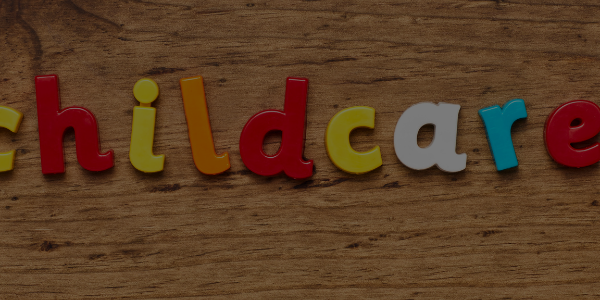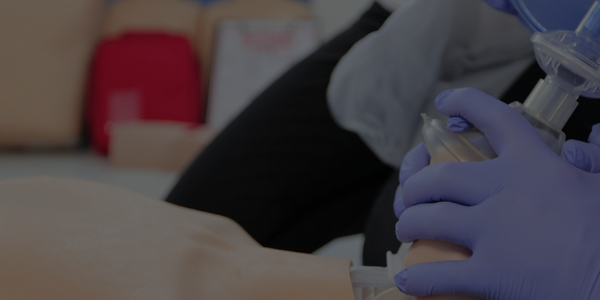What is an Animal Bites?
An animal bites is an injury caused by the mouth and teeth of an animal (including humans).
There may be bruising, deep anatomic structure disruption, introduction of infectious agents, and envenomation (injection of toxin by a bite or sting).
Animal bites are a common problem occurring in all age groups. The incidence is highest in children and the elderly.
Most animal bites involve dogs and cats. Bites from mammals can transmit many diseases and are a common cause of injury.
The risk of infection varies with the species of the biting animal. Dogs and cats have the highest incidence of infection.
Adults are more likely to be bitten by an unknown animal while attempting to feed or handle it. Snake bites are more common in warmer climates during the spring and summer months, when people are outdoors more frequently
In some cases, animal bites can lead to serious complications.
What causes it?
Any mammal can bite if provoked or threatened. Different animals display different behaviors when they feel threatened. If you encounter a wild animal exhibiting strange behaviour, or one that appears sick, back away slowly without turning your back on it. Call your local animal control office for assistance if there is a stray or wild animal that you believe may pose a threat in your area.
Animal bites may not be life-threatening, but they can cause serious injuries, infections and other complications. Children are more likely than adults to be bitten by an animal, and dog bites account for most injuries.
Infection is an important complication of animal bites. A majority of human bites are due to fights among human beings.
Bites by non-domesticated animals like wild animals or stray dogs are usually cause for concern as they are more likely to be infected or transmit rabies.
First aid treatment for Animal Bites
Wash the wound with lots of warm water and soap for 5 minutes. Dry it well and cover it with a clean bandage.
Change the bandage every day until healing is complete.
This can take as long as 2 weeks. If you need stitches, get them within 8 hours of being bitten.
See your doctor if signs of infection develop later on.
Call your doctor or go to the emergency room if:
- The bite is on the hand, face, foot, groin, or buttock.
- The bite is deep and appears to have damaged muscles, tendons or ligaments.
- The animal was acting strangely (such as foaming at the mouth).
- The area around the bite swells up a lot.
- You notice signs of infection. These include pain, redness, swelling and pus in the wound. You also might run a fever.
Symptoms of Animal Bites
- Some bites may not cause any symptoms whereas some may cause immediate pain and swelling at the site of the bite.
- In case of serious bites there can be severe bleeding, damage to bones and tendons and severe shock.
- Antibiotics may be required for animal bites if infection occurs. Rabies vaccine is given for dog, cats, monkey and bat bites.
Please note that regular First Aid and CPR Training is the best way to make sure that you’re prepare in the case of an emergency. Book a course with us!
Find this article useful? Read more of our blogs here!





